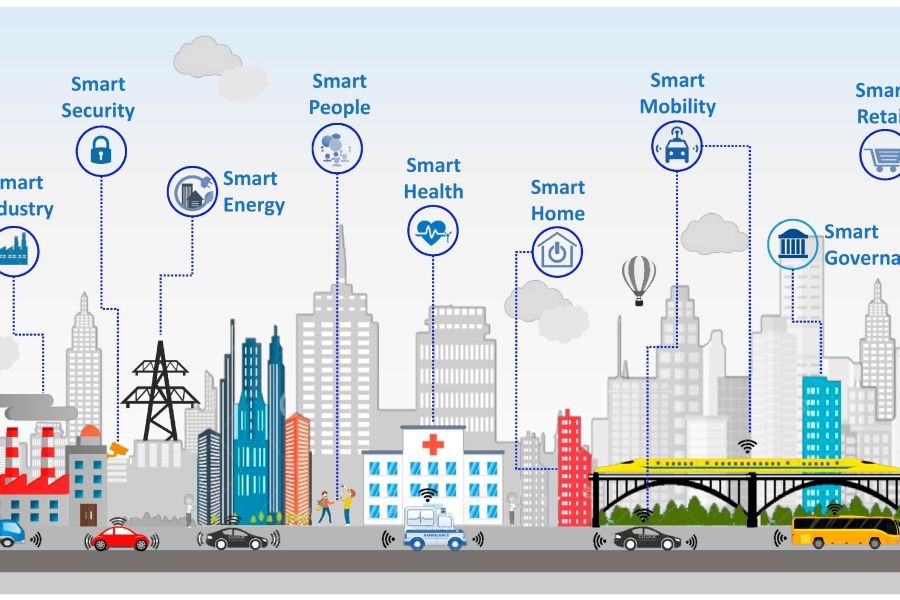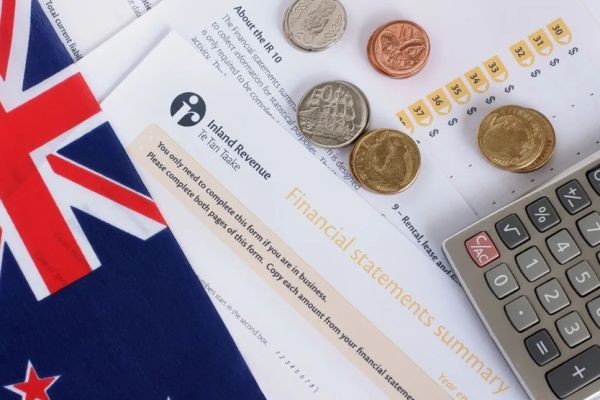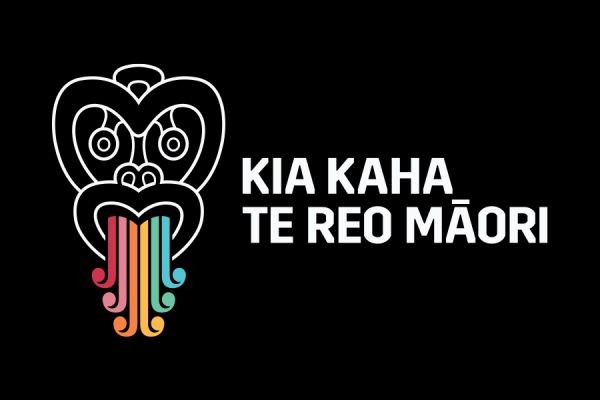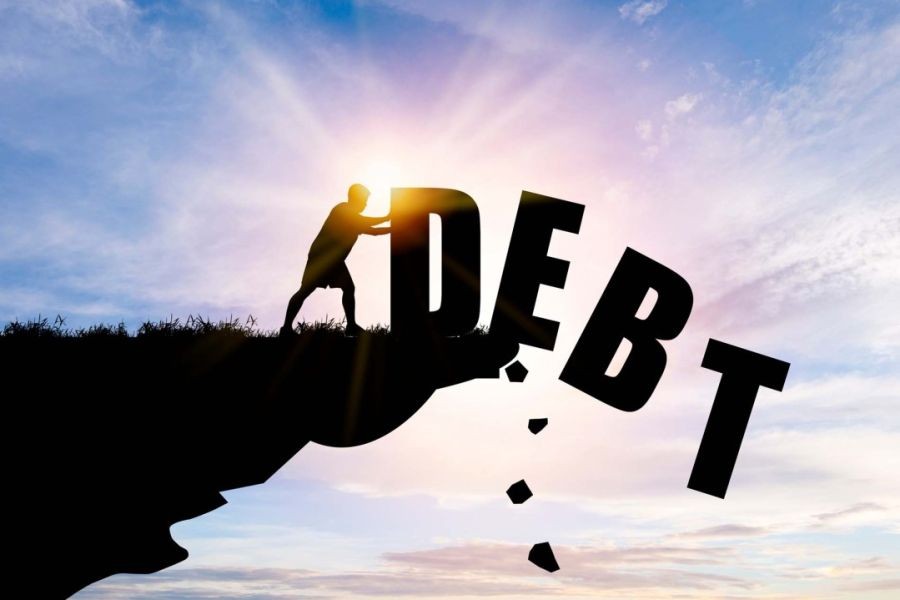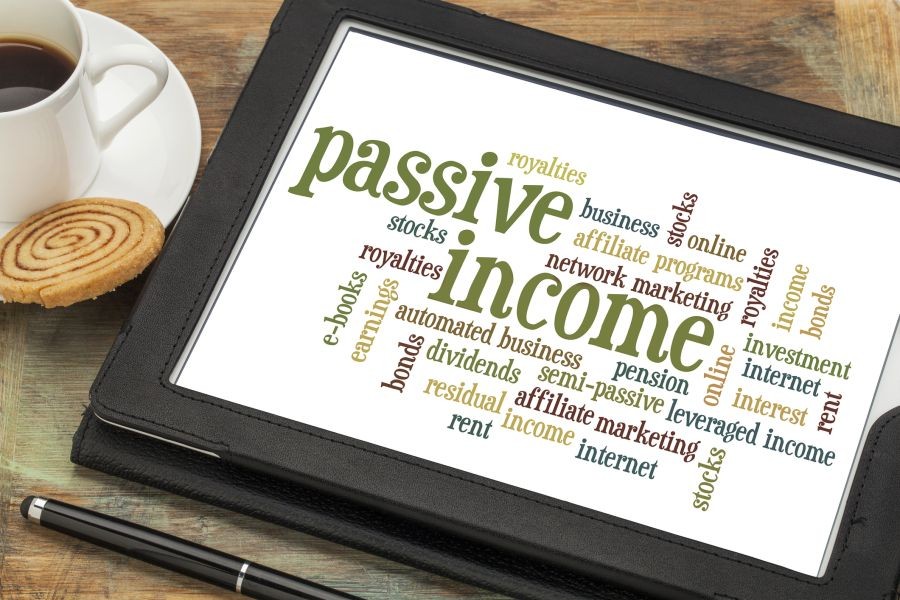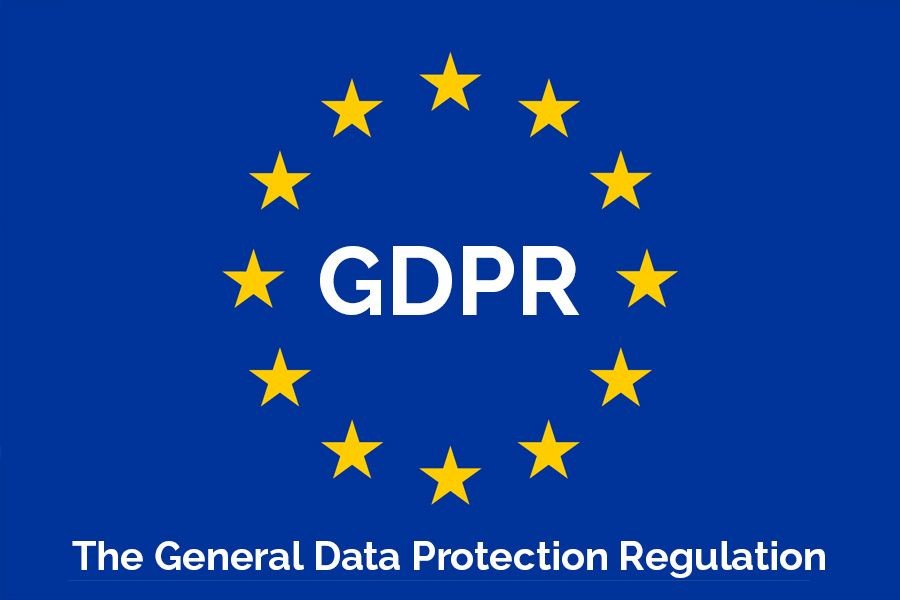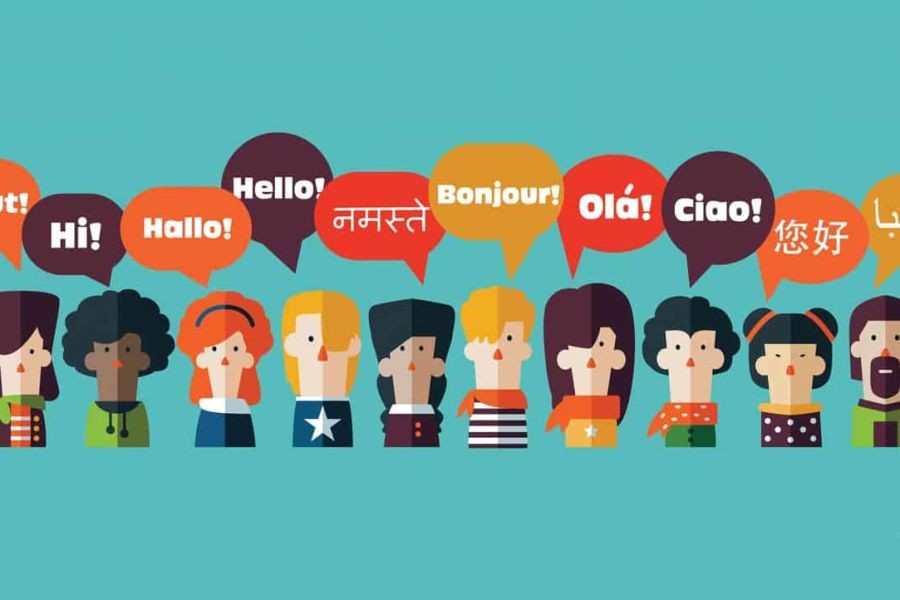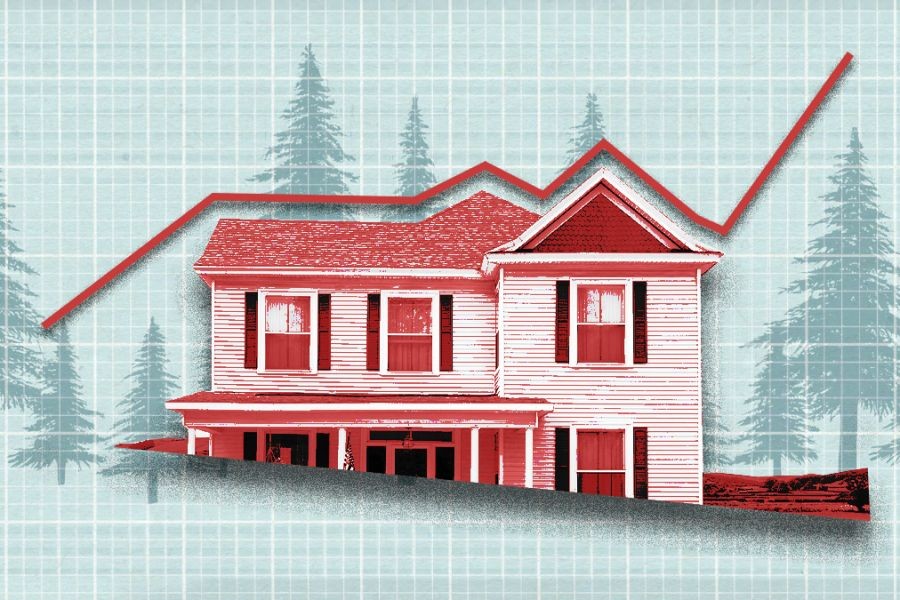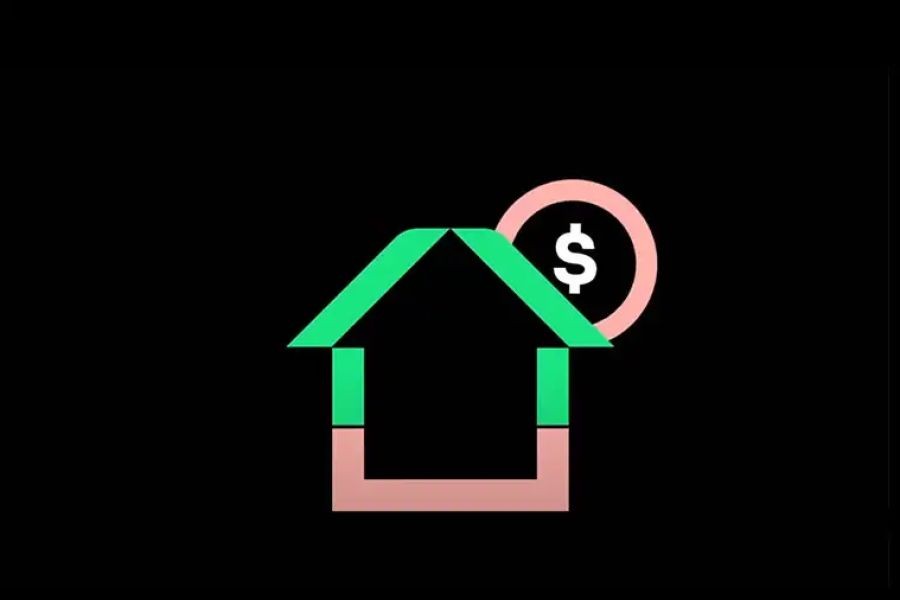In recent years, an increasing number of parents in New Zealand have expressed dissatisfaction with the public school system. This sentiment is not just anecdotal; it's backed by a growing body of evidence suggesting that the current educational framework may not be meeting the expectations of modern Kiwi families. As New Zealand strives to position itself at the forefront of global innovation and economic progress, the question arises: Are our public schools adequately preparing the next generation for these challenges?
The Current State of New Zealand's Public Schools
To understand the root causes of parental disappointment, it is crucial to examine the current state of New Zealand's public schools. According to a 2022 report by the Ministry of Education, there are approximately 2,500 state schools across the country, serving over 750,000 students. While the infrastructure is in place, the effectiveness of these schools has come under scrutiny.
One significant issue is resource allocation. Statistics from Stats NZ indicate that while government spending on education has increased by 5% over the past decade, many schools still struggle with inadequate facilities and outdated teaching materials. This discrepancy is particularly evident in rural areas, where schools often lack access to modern technology, putting students at a disadvantage in an increasingly digital world.
Impact of Technological Advancements
In today's tech-driven society, the integration of technology into education is not just beneficial; it's essential. However, New Zealand's public schools have been slow to adapt. A study by NZTech found that only 35% of schools have implemented advanced digital tools such as virtual reality and AI in their curriculum. This lag in technological adoption could have long-term implications, as students may not acquire the skills necessary to thrive in industries like tech and digital marketing, which are rapidly growing sectors in New Zealand's economy.
Pros and Cons of New Zealand's Public Education System
Pros:
- Inclusive Education: New Zealand's public schools are known for their inclusive policies, providing education to children from diverse backgrounds.
- Low Cost: Public education is free, making it accessible to all children regardless of their family's financial situation.
- Skilled Educators: The country boasts a high standard of teacher training, ensuring that educators are well-equipped to provide quality education.
Cons:
- Resource Limitations: Many schools face funding challenges, leading to outdated facilities and insufficient learning materials.
- Technological Lag: The slow integration of technology in the classroom is hindering students' ability to compete in a digital world.
- Standardized Testing Pressure: The focus on standardized tests can stifle creativity and critical thinking, skills that are crucial in today's job market.
Case Study: The Success of Tech-Integrated Schools
One shining example of overcoming these challenges can be seen in the case of Aorere College in Auckland. Facing similar issues with resource allocation and technology lag, Aorere College decided to take a bold step by integrating a robust digital learning strategy. They partnered with local tech firms to provide students with access to the latest digital tools and platforms.
Within two years, Aorere College reported a 20% increase in student engagement and a 15% improvement in overall academic performance. This success highlights the potential benefits of tech integration in education, providing a model for other schools in New Zealand to emulate.
Debunking Common Myths
Misconceptions about New Zealand's public schools abound, and it's essential to address these myths to provide a clear understanding of the situation.
- Myth: "New Zealand's public schools are failing across the board." Reality: While there are challenges, many schools are successfully adapting to modern demands, as seen in the case of Aorere College.
- Myth: "Private education is always superior." Reality: Public schools offer diverse learning environments and have access to skilled educators, often outperforming private counterparts in various metrics.
- Myth: "Technology alone can solve educational problems." Reality: While tech is crucial, a balanced approach that includes skilled teaching and adequate resources is necessary for a holistic educational experience.
Future Trends and Predictions
Looking ahead, the future of education in New Zealand appears to be heading towards a more integrated and technology-driven approach. According to a report by the Ministry of Business, Innovation, and Employment (MBIE), 40% of all jobs in New Zealand will require advanced digital skills by 2030. As such, the education system must evolve to meet these demands.
One emerging trend is the use of AI to personalize learning experiences. By 2028, AI is expected to play a central role in tailoring educational content to individual students' needs, thereby improving engagement and educational outcomes.
Conclusion
As New Zealand continues to evolve in a rapidly changing world, its public schools must keep pace to ensure students are prepared for future challenges. While there are significant hurdles to overcome, success stories like Aorere College demonstrate that progress is possible with the right strategies.
For parents and educators alike, the key is to advocate for necessary changes and embrace innovative solutions. What are your thoughts on the future of education in New Zealand? Share your insights below!
People Also Ask (FAQ)
- How does the current education system impact New Zealand's economy? A workforce lacking digital skills can hinder economic growth. Integrating technology in education can address skill gaps and boost economic development.
- What are the biggest misconceptions about New Zealand’s public schools? One common myth is that private schools are always superior. Stats show that many public schools outperform private schools in various aspects.
- What strategies can improve public education in New Zealand? Implementing tech integration, enhancing teacher training, and increasing resource allocation are key strategies for improvement.
- What upcoming changes could affect New Zealand's education system? By 2030, increased digital skills demand will necessitate curriculum updates to include more tech-driven learning approaches.
Related Search Queries
- New Zealand public school challenges
- Education policy New Zealand 2023
- Future of education in New Zealand
- Technology in New Zealand schools
- New Zealand education system improvement








